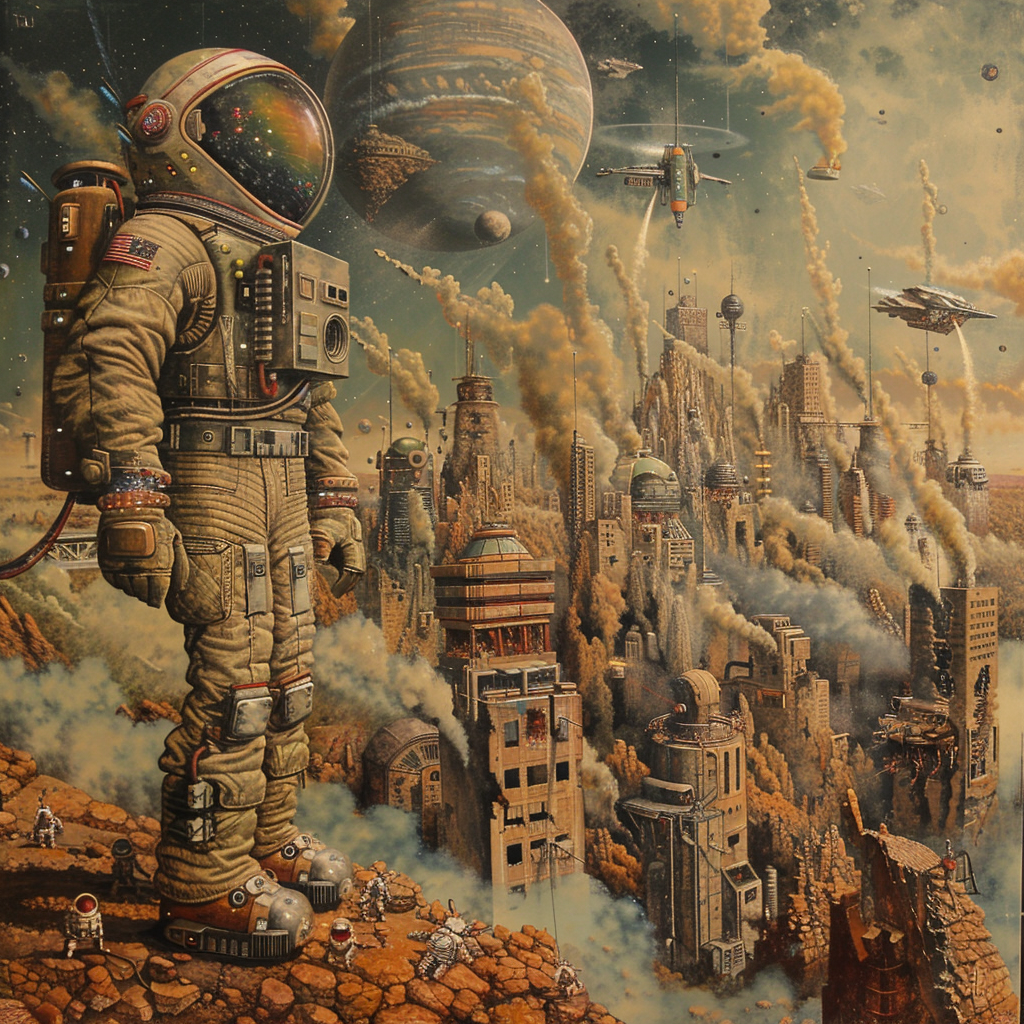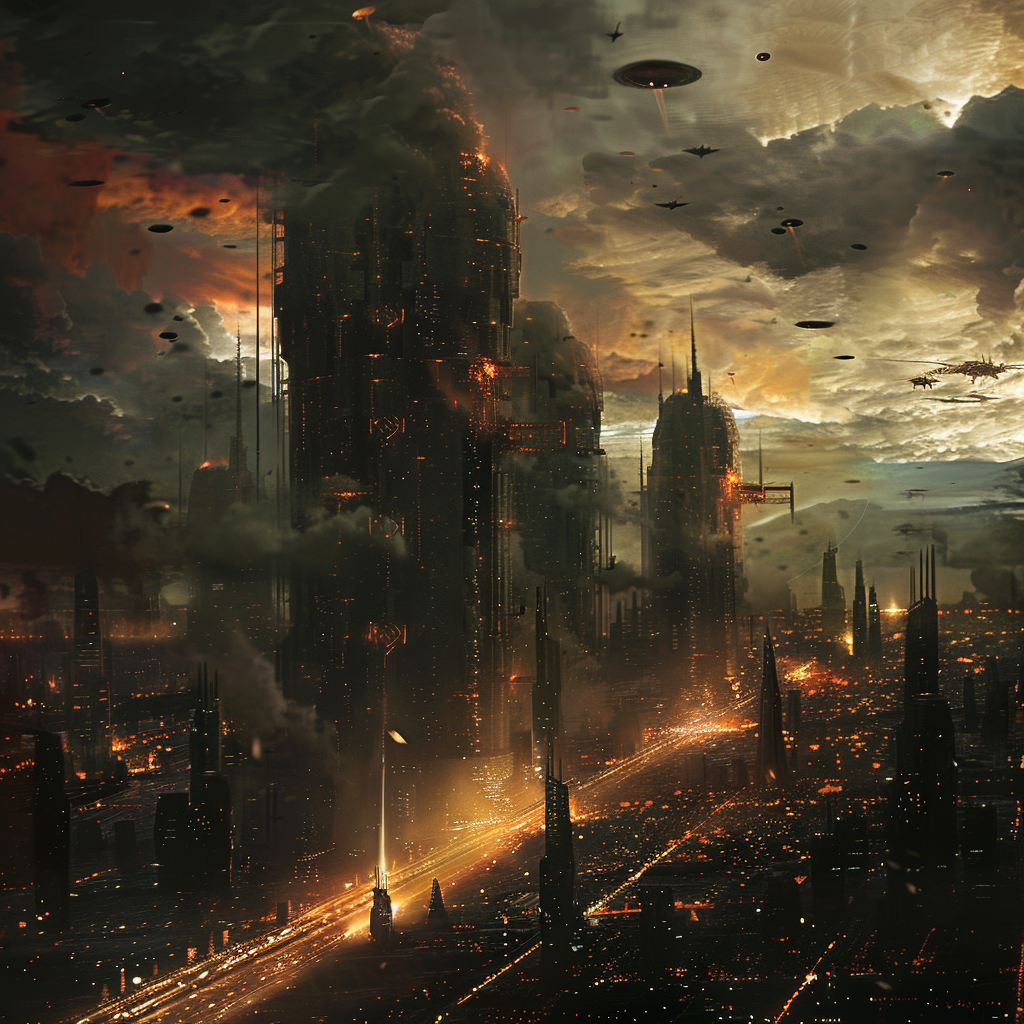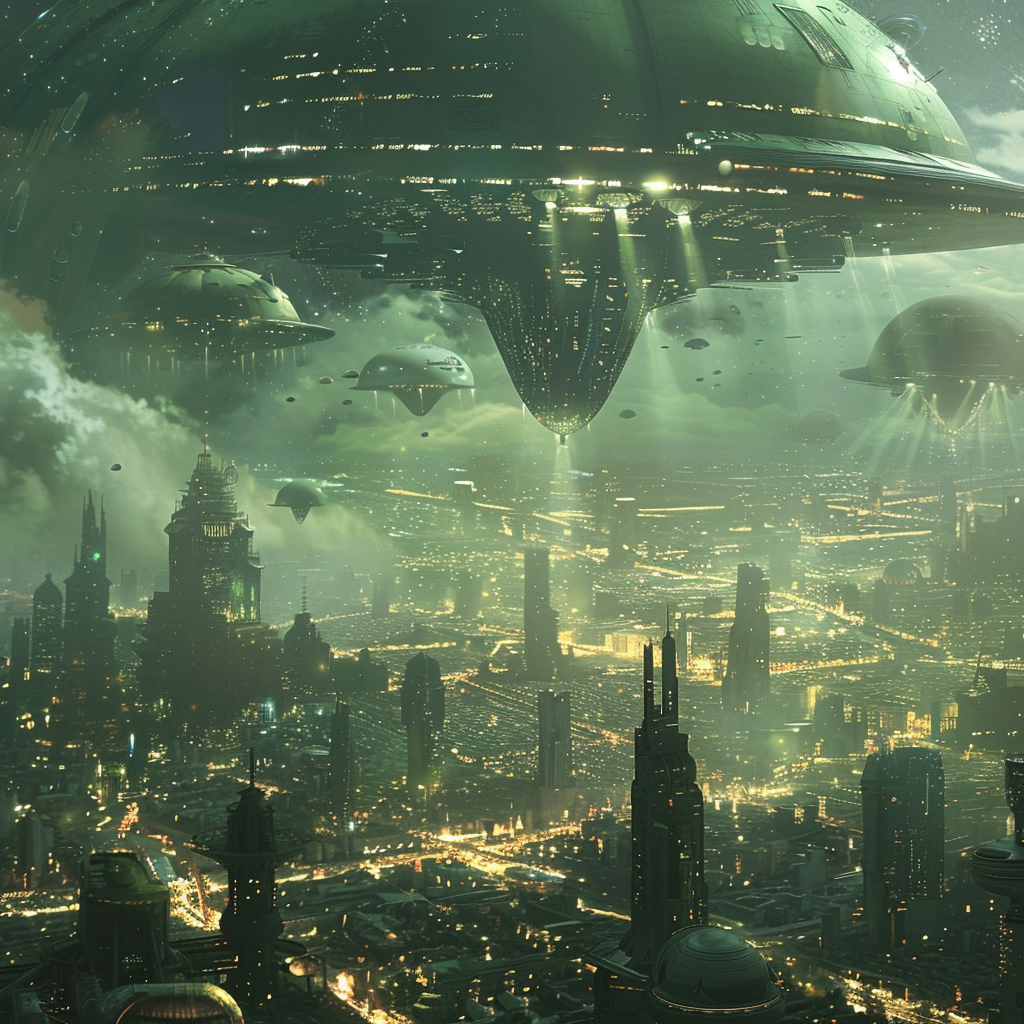Microsoft to NYT: Shut Your "Doomsday Futurology" Traps

Well this is sort of fun – these are words Microsoft's lawyers actually used in responding to a lawsuit from The New York Times (over alleged copyright infringement by OpenAI's ChatGPT, which Microsoft backs, of course):
“Nowhere does The Times allege that anyone other than its legal team would actually do any of this, and certainly not on a scale that merits the doomsday futurology it pushes before this court and has boosted to its readers,” they wrote.
Damn! Just to spell it out even more clearly, that's Microsoft saying that the Times is trying to profit (as well as win this case) from selling fear about the future.
A lot of people make such accusations in private conversations, and some do in public on Twitter, but this is a court document and legal statement from the most valuable company in the world about arguably the most important news organization in the world!
Apple has a recent habit of writing disdainful and whiny press releases, but they're not legal documents. And they're going after the EU and the world's largest music streaming company, respectfully (well, disrespectfully, as it were). Again, this is Microsoft going right after a renowned news organization!
To be fair, said news organization is suing them (and OpenAI). Still, this tone is rather incredible.
In a statement issued in response to Microsoft’s Monday filing, a lawyer for The Times, Ian Crosby, said the tech group “oddly compares [large language models] to the VCR even though VCR makers never argued that it was necessary to engage in massive copyright infringement to build their products”.
He added “the bottom line is that The Times looked for its stolen works and found them. Microsoft now blames The Times for bringing this to light as an excuse for their and OpenAI’s wrongdoing.”
Everyone gets why Microsoft is playing the VCR card here – including, of course, The New York Times, despite their statement to the contrary.
Sony Corp. of America v. Universal City Studios, Inc. went all the way to the Supreme Court, which ruled that individuals copying content did not constitute copyright infringement, and thus, allowed the VCR to not only survive, but thrive (though, incidentally, Sony's own Betamax format failed versus the VHS format). The details here are obviously quite different, but the high level is that the court was correct to not hold the creators of the technology (nor the individuals using it) liable for copyright infringement. Because, of course, such technology did not end up destroying Hollywood. In fact, the industry thrived for a long time afterwards.
And, amazingly, the VCR technology would become the key to its success just a decade later.
Microsoft (and OpenAI) would have us all believe the same thing will play out here. One key high-level difference is that Hollywood was in a position of relative strength back then whereas the news media industry is in a position of weakness. Though The New York Times itself is doing quite well, but they would and will probably argue that this is why they're the only ones who can put forward such a lawsuit...
We'll see. I tend to be in the camp that thinks the AI-will-be-the-end-of-X stuff is overblown. And yes, the history of technology from VCRs to tractors on down can largely back this up. But come on, we just got a court doc with "doomsday futurology"! A great gen-AI prompt if nothing else:




via Midjourney. Sorry, DALL-E...

